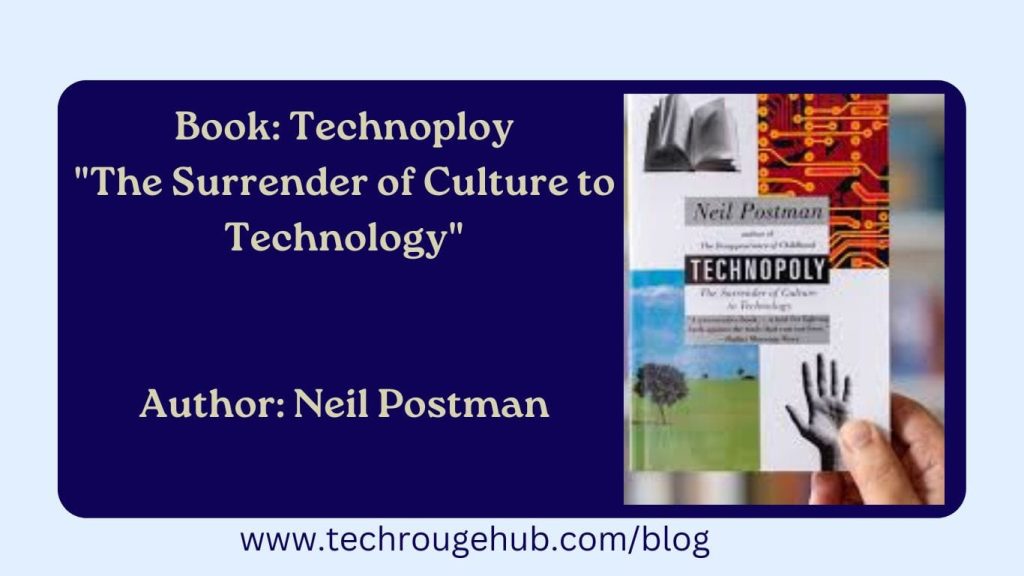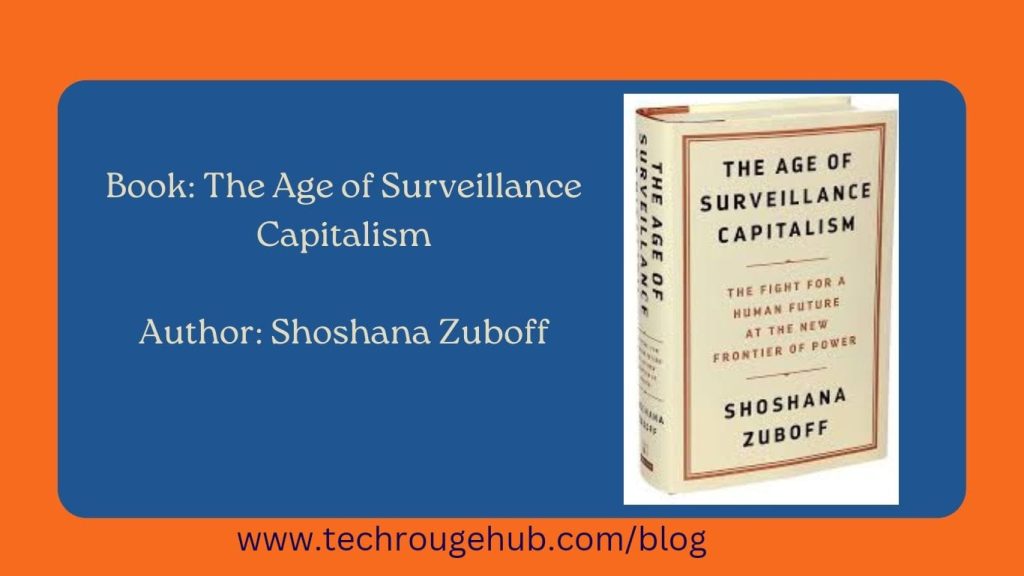Navigating the Critical Currents: “A Deep Dive into Five Must-Read Tech Books”
In the ever-evolving landscape of technology, it’s crucial to explore not only the innovations but also the critiques that challenge the status quo. Here, we embark on a journey through five thought-provoking books that delve into the critical dimensions of technology, offering insights that go beyond the celebratory narratives
Book 1:”The Glass Cage: Automation and Us” by Nicholas Carr

Nicholas Carr invites us to ponder the consequences of handing over control to machines in “The Glass Cage.” As automation becomes pervasive, Carr raises questions about the impact on our skills, decision-making abilities, and connection to the world. Join us as we navigate through the complexities of automation and contemplate the delicate balance between technological progress and human agency
Book 2:Technopoly: The Surrender of Culture to Technology” by Neil Postman

Neil Postman’s “Technopoly” serves as a beacon, urging us to critically examine the cultural shifts caused by technology. In this exploration, we uncover Postman’s concerns about technology becoming the dominant ideology, questioning the values embedded in our technological advancements. Let’s navigate the terrain where culture and technology intersect and reflect on the implications for our society.
Book 3: “You Are Not a Gadget: A Manifesto” by Jaron Lanier

Jaron Lanier challenges prevailing notions about technology in “You Are Not a Gadget.” Through this manifesto, Lanier critiques dehumanizing aspects of digital culture, encouraging us to reconsider our relationship with technology. Join the conversation as we explore Lanier’s vision for a more human-centric approach to technology, one that prioritizes individual creativity and expression.
Book 4:”The Age of Surveillance Capitalism: The Fight for a Human Future at the New Frontier of Power” by Shoshana Zuboff

Shoshana Zuboff’s groundbreaking work unveils the world of “surveillance capitalism.” In this exploration, we navigate through the economic and social implications of businesses commodifying personal data. Zuboff’s critique challenges us to rethink the ethical foundations of our digital interactions and consider the implications for individual autonomy and privacy.
Book 5: programmed Inequality: How Britain Discarded Women Technologists and Lost Its Edge in Computing” by Marie Hicks

Marie Hicks takes us back in time to explore gender biases within the computing industry in “Programmed Inequality.” Through this historical lens, we uncover how societal norms and economic considerations affected the trajectory of computing in Britain. Join us in this reflection on the importance of addressing systemic biases within the tech field and the lessons we can learn from history.
As we embark on this journey through critical perspectives on technology, let’s engage in a dialogue that goes beyond the surface and challenges us to think deeply about the role of technology in our lives. These books offer not only critiques but pathways to a more nuanced understanding of the complex relationship between humanity and technology.

